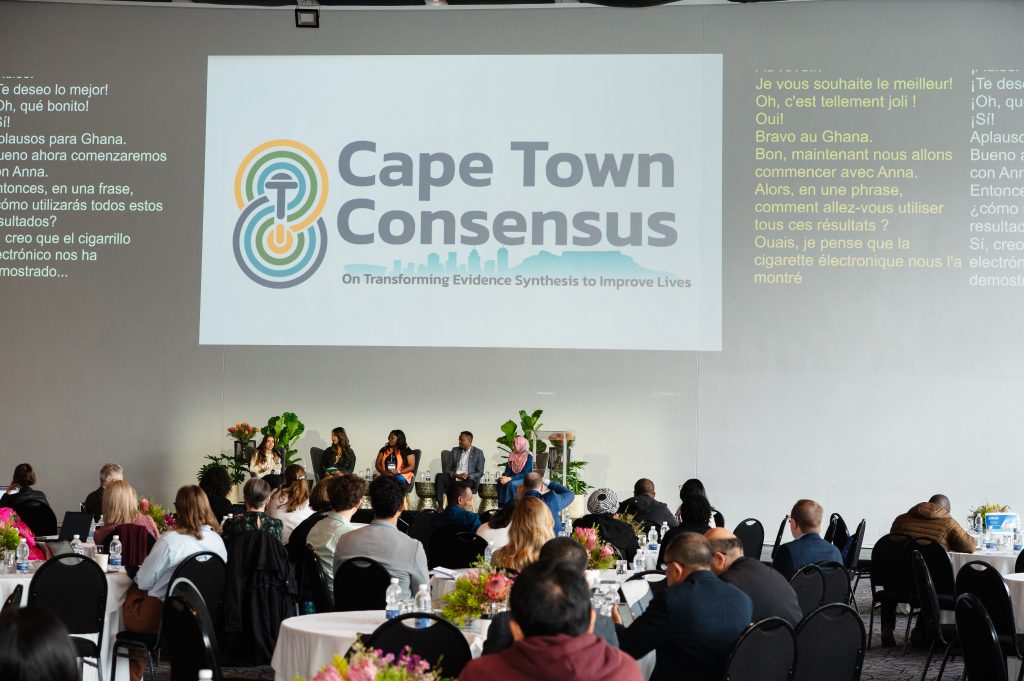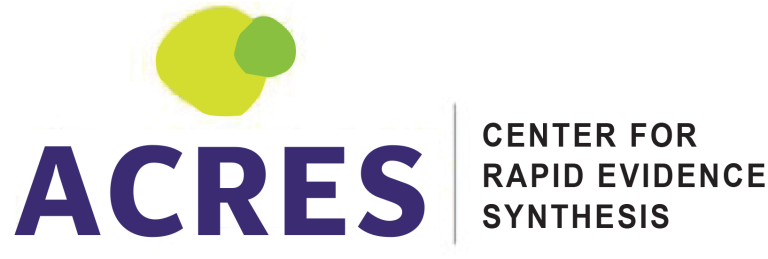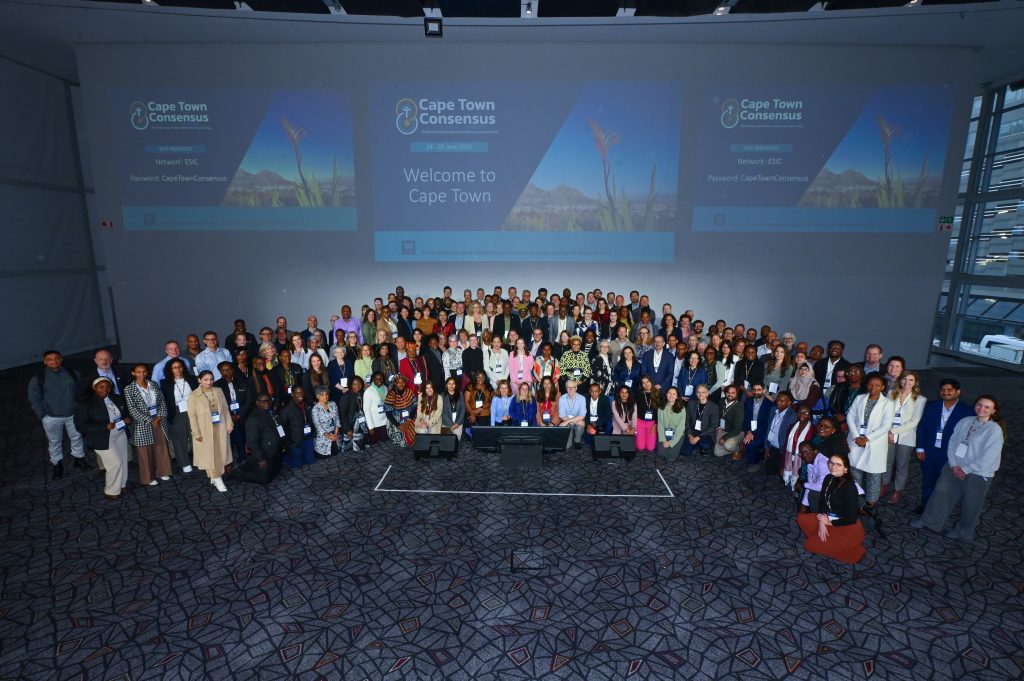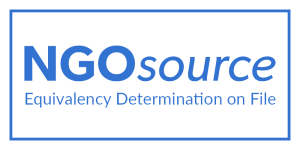
The Center for Rapid Evidence Synthesis (ACRES) and the Pan-African Collective for Evidence (PACE) co-hosted a gathering—the Evidence Synthesis Infrastructure Collaborative (ESIC) Consensus Meeting—bringing together 220+ global changemakers to advance a vision for the future of evidence synthesis. The meeting held June 24 – 26, 2025, was funded by the Wellcome Trust.
Over three days in Cape Town, stakeholders from diverse sectors—policymakers, funders, science advisors, citizen-serving NGOs, and emerging leaders—collaborated to refine and stress-test a roadmap for transforming how evidence is produced and used worldwide.
The result? A shared commitment to equity, inclusivity, and impact-driven evidence ecosystems. Consensus was built on how to transform evidence synthesis to improve lives, culminating in the Cape Town Consensus Charter and a prioritised ESIC roadmap for how to produce and use evidence synthesis.
Key takeaways from the Cape Town meeting
- Equity at the core
The ESIC Roadmap places equity at the center, ensuring that evidence synthesis is inclusive, representative, and responsive to the needs of all communities—especially those historically underrepresented. Discussions on Day 3 emphasized the critical role of the Global South in shaping and leading evidence infrastructure, moving beyond traditional power imbalances.
- Youth leading the way
Young and emerging leaders played a pivotal role in shaping future-ready solutions, bringing fresh perspectives to ensure that evidence synthesis remains adaptive and innovative. Their contributions underscored the importance of intergenerational collaboration in driving systemic change.
- Stress-testing solutions across stakeholder groups
On Day 2, eight different interest-holder groups—including policymakers, funders, and citizen leaders—stress-tested potential solutions, fostering consensus on:
- Equity-based decision-making
- Adaptive feedback systems
- Proactive mitigation of unintended consequences
This collaborative approach ensured that the roadmap reflects diverse voices and real-world applicability.

The Evidence Synthesis Infrastructure Collaborative (ESIC) exists to deliver actionable insights served up in different ways for different decision makers, sectors, regions and languages. A new user centered evidence synthesis infrastructure will make it possible it possible and cost-effective to deliver comprehensive evidence synthesis across all major social questions.
From planning to action
The Cape Town meeting marked the culmination of a six-month open and equitable planning process, where demand-side, supply-side, and intermediary partners co-created a roadmap for step-change improvements in evidence synthesis.
As Dr. Rhona Mijumbi, Executive Director of ACRES, noted in her opening remarks:
“The six-month ESIC planning process has pushed forward ambitions to deliver a step-change improvement in how evidence syntheses are produced and used… demanding a quick response and the beginnings of a cultural shift.”
What’s next?
The ESIC Roadmap is more than a plan—it’s a global call to action for an evidence synthesis ecosystem that truly serves all. By centering equity, fostering collaboration, and empowering emerging leaders, partners are paving the way for impact that lasts.
For more on the Charter: https://evidencesynthesis.atlassian.net/wiki/spaces/ESE/pages/243138561/Key+Documents



